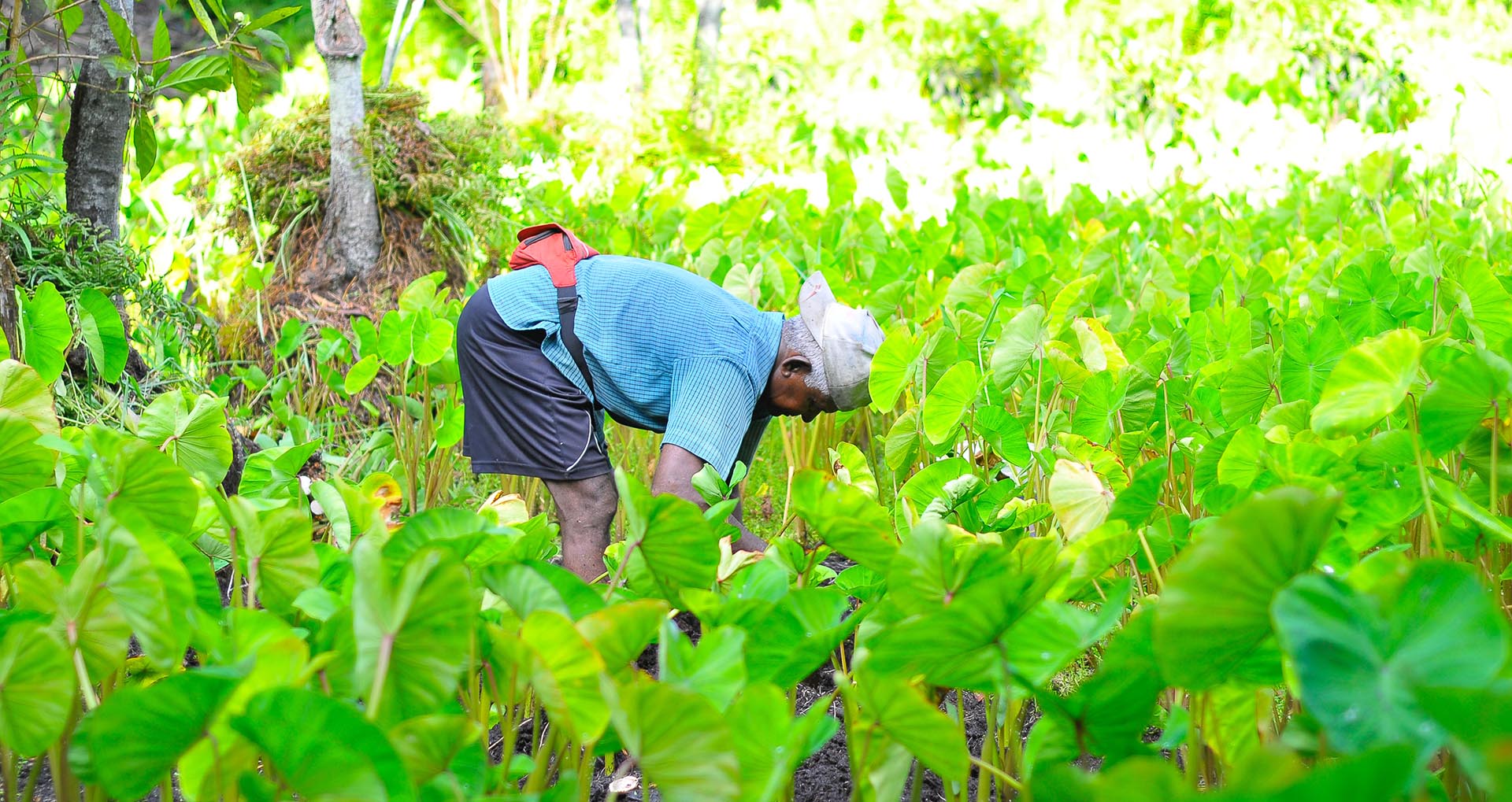ONLINE EDUCATION IN AGRICULTURE
Introduction
Education is the organised and regulated process of continuous transference of significant experience from one generation to another generation. As we know, Agriculture is the back bone of India and it is very essential for the upcoming generation to supply foods for the people to improve their livelihoods in both economically and sustainably. Educate the youth in agriculture means making them to eradicate the poverty with the available natural resources and inputs through farming activities with good land management. It is the professional learning program integrated with classroom, Future farmers of America (FFA) and supervised agricultural education. Agricultural education is highly useful to the students to get a jobs in various sectors such as IAS, IPS, IFS, AO, Banking, marketing, consultancy, Agri – clinic and make them as an entrepreneur in agriculture and allied sectors.
Online education
Due to the pandemic infection of covid -19, the education system in all fields has changed to digitally with the distinctive rise of e-learning. Teaching is also undertaken remotely and on digital basis. Technology based e-learning encompasses the use of the internet and other important technologies to produce materials for learning. Given the digital device, new shifts in education approaches could widen equality gaps.
Problems and students satisfaction
Interaction is a critical indicator of student satisfaction. Due to covid – 19 students are facing so many problems like lack of interaction, Internet self-efficacy and self-regulated learning in online education courses. Student satisfaction is important in the evaluation of distance education as it is related to the quality of online teaching and interaction between the student and teacher performance.
To know the impact of online teaching was measured by survey reports of the students. Based on the survey report, they have not captured even 10 per cent of their regular class observation, lack of reliable network access struggling to participate in online classes.
Student faculty relationships
In virtual digital learning, both students and faculty members are facing struggle while teaching without all the practical related things such as identification of crops, land preparation, observation of symptoms of diseases incidence and pest infestation. So the faculty members cannot able to deliver their in depth course content to the students. Also in the e-learning, students are facing lack of eye contact while the fastest mode of grasping the information. On the flip side, staff cannot able to centralise all the students in online meetings.
Technical Hitches
As the Agricultural education mostly based on field level practices, the students are lacking their practical knowledge in online classes. Students’ perception is comparatively reduced. Outdoor exposure of different crops, machineries, information is dearth. Absence of observation takes away the students from experiences of simple basics. Combined discussion and problem solving is inclined. Communication over e-learning can be cumbersome. Students are not supposed to get the field knowledge.
Ways to motivate students
Psychologically, teachers are requested to be helpful, pleasant and reliable to students, just because students often select courses based on what they think of the teacher. Staff shall encourage students for their presence; make them to motivate to attend further classes without fail. Intermittent social interactions between staff and students apart from the subject will also help them to engage in e-learning. Effective teaching and learning techniques such as pedagogical approaches must be introduced. This will encourage the students to understand well and skills are enhanced much more.
What will be the future?
Identification oriented knowledge during exams is still in question. Problematic questions in statistics, economics and marketing are tedious to solve online. Contrast to other professional studies agriculture needs a well-recognized field practices. Students are experienced some critical medical problems due to long time exposure to mobile phones without break for an hour may create health issues.
Conclusion
Students are not feeling comfortable with the online classes. They feel that they are pushed to learn only the theoretical concepts in the digital learning. They wish to come back to traditional way of learning .E learning cannot be successful in agriculture until every students realise their responsibility and create interest towards the concept.
By:
Dasleema Ashiba, M.
III B.Sc (Hons.) Agriculture,
Kumaraguru Institute of Agriculture, Erode.
Email: dasleemaashiba[email protected]




